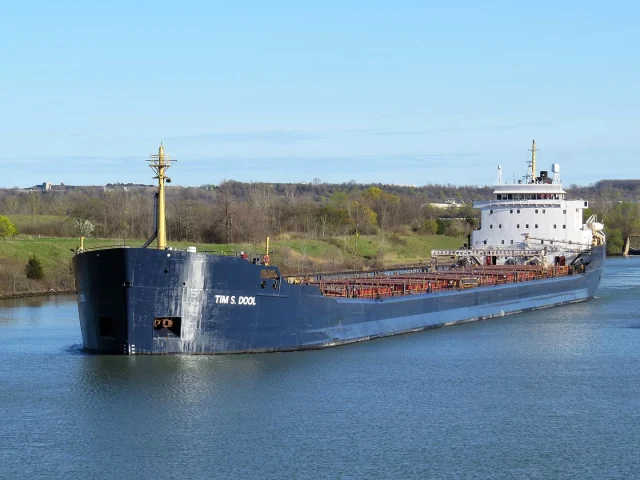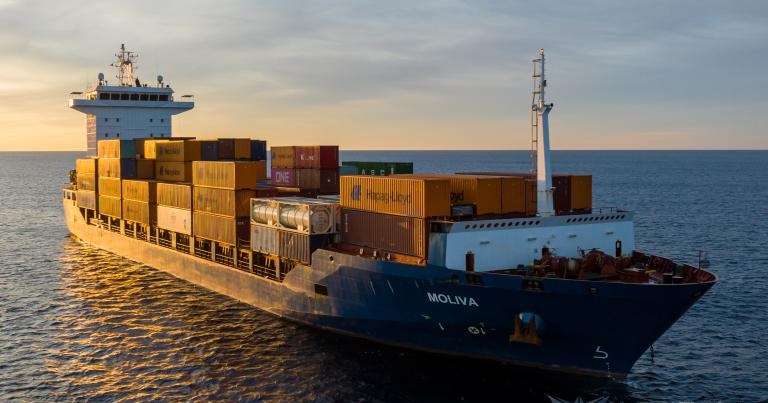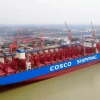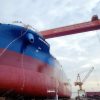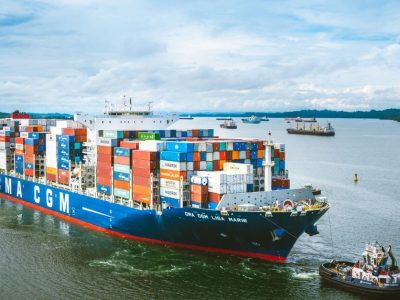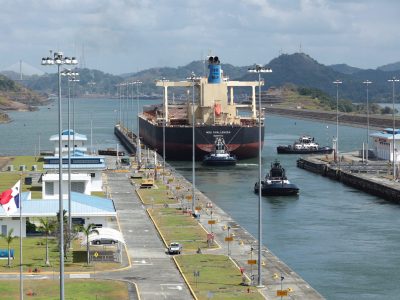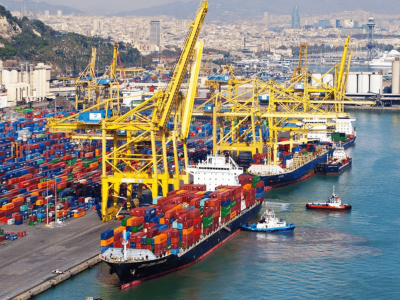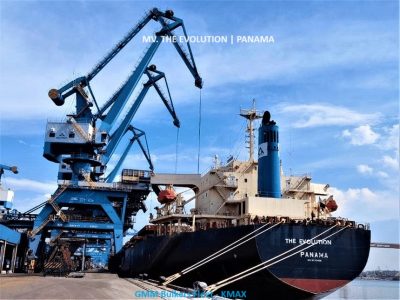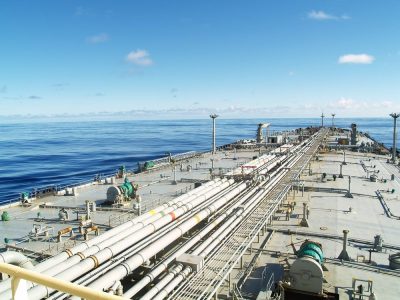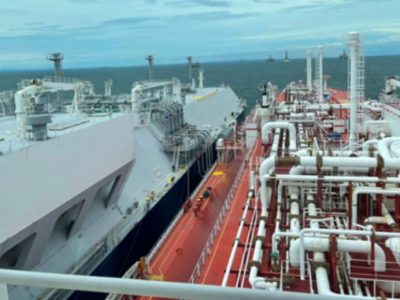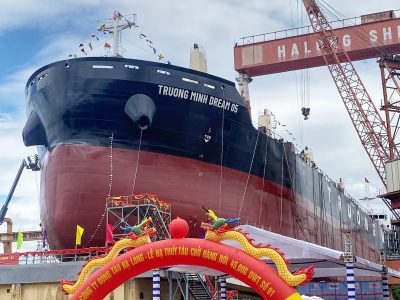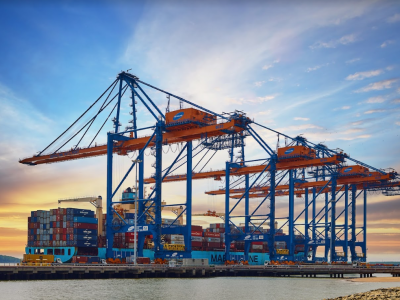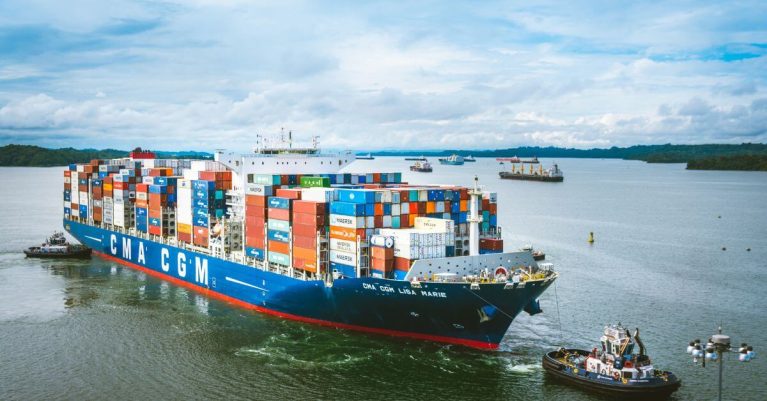GMM Safety | 2024-08-30 | Case Enviroment |
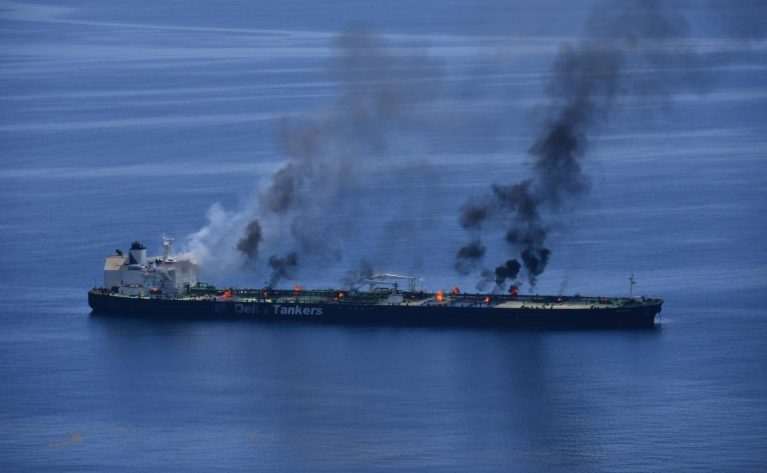
The Greek-flagged oil tanker Sounion has been ablaze since August 23 following an attack by Yemen’s Houthi forces.
According to a statement released Monday by the EU’s Red Sea naval mission, known as Operation ASPIDES, there are no immediate signs of an oil spill. The mission also shared photos from Sunday showing flames and smoke rising from the vessel’s main deck.
The Houthis claimed responsibility for attacking the Sounion in the Red Sea on Thursday. The attack comes as the group has stepped up its assaults on ships, citing solidarity with Palestinians during the ongoing Israel-Hamas conflict in Gaza.
According to Operation ASPIDES, fires were visible in at least five locations on the main deck of the Sounion, with additional flames engulfing part of the superstructure. A satellite image captured by the European Space Agency’s Copernicus Satellite 2 showed smoke at sea near the last known position of the Sounion.The Sounion is carrying 150,000 metric tons of crude oil, or approximately 1 million barrels.
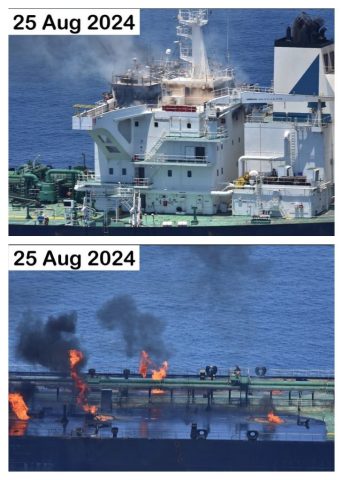
The vessel was initially attacked on Wednesday after multiple skiffs approached the vessel off Yemen’s coast. Hours later, three projectiles struck the tanker’s starboard quarter, causing a loss of propulsion, damaging the engine compartment, and igniting a fire. The crew abandoned the vessel and were later rescued by a French frigate involved in the Operation ASPIDES.
On Friday, the UK Maritime Trade Operations (UKMTO) reported that the vessel, now adrift, was still on fire in three separate locations. The Houthis subsequently released a video purportedly showing a large explosion on the tanker’s deck, raising concerns about a potential environmental catastrophe in the region.
If the tanker sinks and releases its entire cargo, it could rank as the fifth-largest oil spill in history, nearly three times the volume of the 1989 Exxon Valdez disaster. The amount of oil onboard is comparable to that of the decaying FSO Safer, which was recently emptied by the United Nations following a prolonged salvage operation off Yemen’s Red Sea coast.
Operated by Greece-based Delta Tankers, the Sounion is the third vessel owned by the company to be attacked in the Red Sea in recent weeks. The Greek shipping ministry confirmed the ship was en route from Iraq to Greece, manned by a crew of 25, including two Russians and 23 Filipinos.
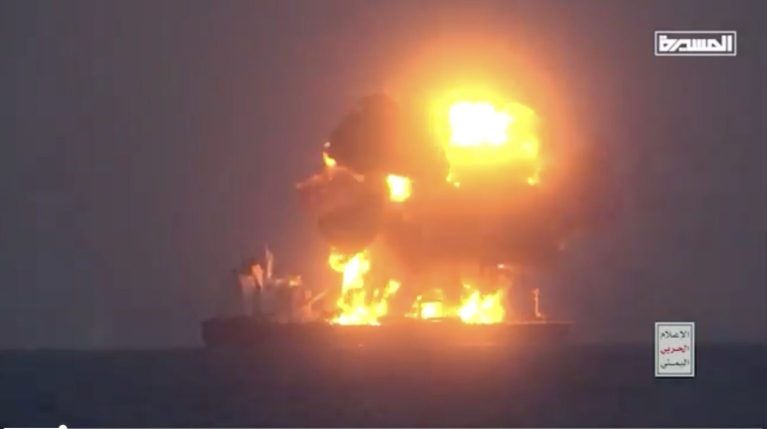
Matthew Miller, a spokesperson for the U.S. Department of State, condemned the attacks, warning of a potential environmental disaster. “The United States is gravely concerned by the Houthis’ attacks against the oil tanker MT DELTA SOUNION. The Houthis’ continued attacks threaten to spill a million barrels of oil into the Red Sea, an amount four times the size of the Exxon Valdez disaster,” Miller stated.
“Through these attacks, the Houthis have made clear they are willing to destroy the fishing industry and regional ecosystems that Yemenis and other communities in the region rely on for their livelihoods, just as they have undermined the delivery of vital humanitarian aid to the region through their reckless attacks,” Miller added. “We call on the Houthis to cease these actions immediately and urge other nations to step forward to help avert this environmental disaster.”
The United Kingdom Maritime Trade Operations (UKMTO) reported two more incidents on Monday. In one, a master reported an unmanned vessel and two small boats within 1-2 nautical miles of their ship, approximately 61 nautical miles southeast of Al Mukha, Yemen. Earlier, the UKMTO received another report of a small boat approaching a merchant ship in the Gulf of Aden off Aden, Yemen. The boat was described as 4 meters in length, black and pale yellow in color, with 8–10 people on board. It was displaying a ladder, but no weapons were sighted. The boat left the scene when challenged by the ship’s security team.
The Houthis have conducted over 100 attacks in the Red Sea and Gulf of Aden since November, resulting in the sinking of two vessels, the seizure of another, and the deaths of at least four seafarers.


